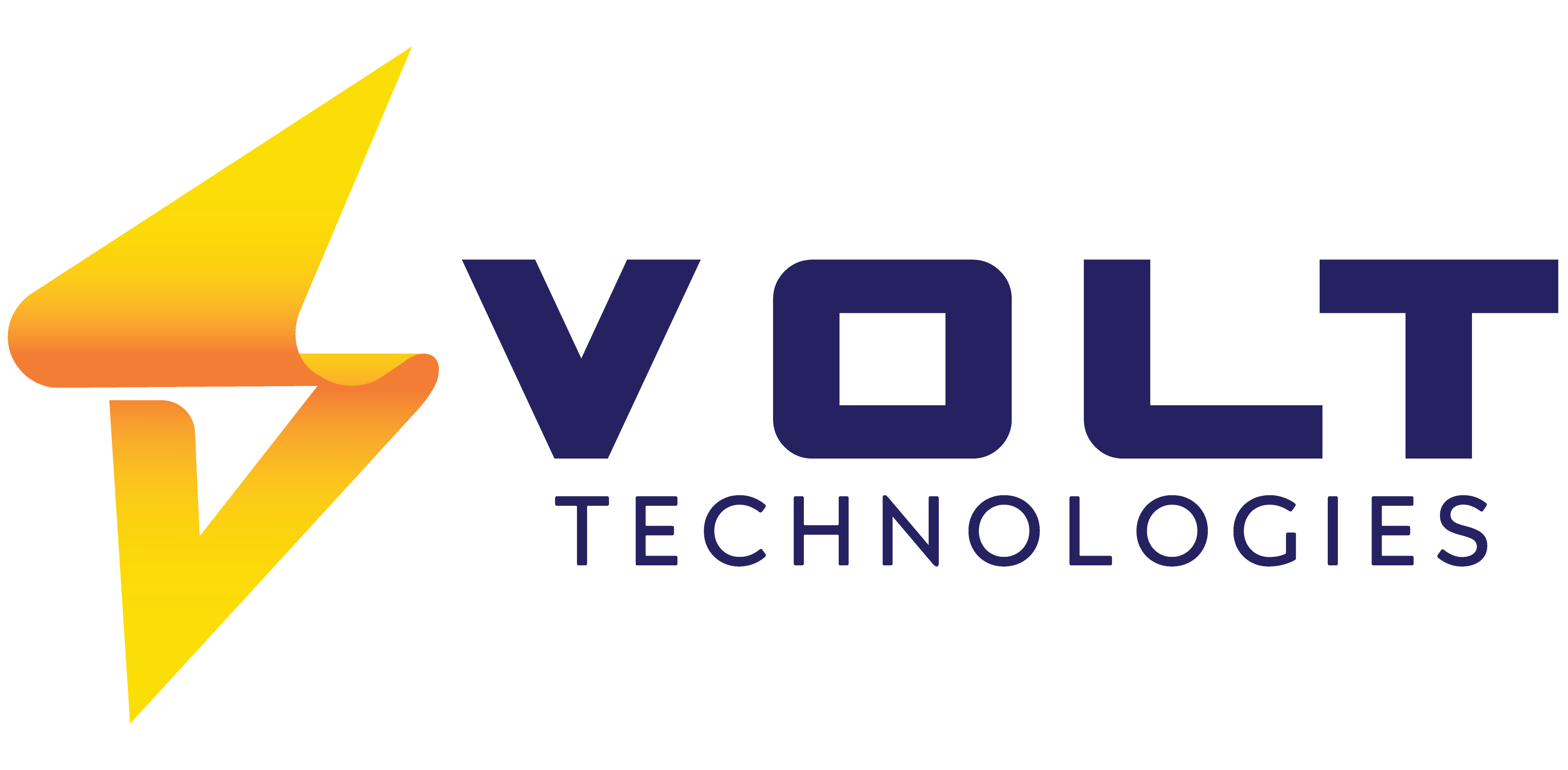Shopify vs Magento for Business Central Integration: A 2025 Ecommerce ERP Comparison


Microsoft Dynamics 365 | Simplify your IT footprint and make decisions faster.
- August 1, 2025
Introduction
As ecommerce accelerates into 2025, small and mid-sized businesses (SMBs) need more than just a great webstore they need seamless back-end operations powered by an integrated ERP. Microsoft Dynamics 365 Business Central has become a preferred ERP for growing retailers, but the real magic happens when it connects effortlessly with your ecommerce platform.
This blog dives into the crucial question: Shopify or Magento Which integrates better with Business Central?
Whether you’re exploring your first ERP implementation or switching platforms, this ecommerce ERP integration comparison will guide your decision. We’ll cover:
- The pros and cons of Business Central Shopify integration and Business Central Magento integration
- Which platform offers easier ERP compatibility
- Integration cost, speed, scalability, and customization options
- Why choosing the right ERP partner like Volt Technologies can make or break your success
Shopify and Magento both have strengths but the best choice depends on your business model, budget, and growth plans
Why Ecommerce Integration with Business Central Matters in 2025
In today’s ecommerce landscape, your storefront is only half the story. What happens behind the scenes inventory updates, order fulfillment, financial reporting can make or break the customer experience. That’s where Dynamics 365 Business Central ecommerce integration becomes a game-changer.
For small and mid-sized businesses, manually syncing online sales with ERP data is inefficient and risky. Disconnected systems lead to:
- Inventory inaccuracies
- Shipping delays
- Manual entry errors
- Lack of real-time insights
Integrating your ecommerce platform directly with Business Central automates operations and creates a single source of truth across departments. You get:
- Real-time order and inventory sync
- Automated invoicing and financial posting
- Better customer service with updated tracking and stock levels
- Accurate reporting and decision-making
Whether you’re using Shopify or Magento, your ERP system should be fully integrated to unlock operational efficiency and scale confidently in 2025.
Volt Technologies helps SMBs turn Business Central into the heart of their ecommerce operations connecting the front-end with finance, inventory, and customer data seamlessly.
Shopify vs Magento: ERP Integration Comparison with Business Central
When integrating your ecommerce store with Microsoft Dynamics 365 Business Central, choosing the right platform Shopify or Magento has a direct impact on efficiency, cost, and scalability. Each platform offers distinct advantages, but they differ greatly in how they connect to your ERP.
Here’s how the two stack up:
Shopify vs Magento Integration with Business Central: 2025 Comparison Table
Feature / Criteria | Shopify | Magento |
Integration Simplicity | Native Shopify Connector for Business Central available | Requires middleware or custom API integration |
Ease of Setup | Plug-and-play for most SMBs | Complex setup; needs technical resources |
Customizability | Limited without paid apps or custom dev | Highly customizable; open-source flexibility |
ERP Sync Capabilities | Real-time sync for orders, inventory, customers | Depends on integration method; may need custom sync logic |
Total Cost of Ownership | Lower (subscription-based, fewer dev needs) | Higher (hosting, development, maintenance) |
Scalability for Complex Operations | Great for fast-growing D2C brands | Strong for B2B and complex catalogs/workflows |
Connector Ecosystem | Official connectors + app marketplace | Third-party connectors or custom integrations |
Speed to Launch with Business Central | Fast (especially with certified partners like Volt Technologies) | Slower; requires technical planning and development time |
Support & Community | Large support network; direct support from Shopify | Active community but relies on implementation partner support |
Integration Simplicity & Connector Availability
Shopify offers a significant advantage with its native Business Central connector, designed specifically for SMBs. This streamlines integration and minimizes the need for middleware or developers.
Magento, though more flexible, often requires custom-built APIs or third-party middleware to sync with Business Central effectively. This adds complexity and increases implementation time.
Cost, Complexity, and Time to Implement
Shopify is built for speed. With minimal configuration, most SMBs can launch an integrated store quickly especially with help from experts like Volt Technologies.
Magento’s customizability makes it powerful, but that power comes at a cost. You’ll need developers, longer testing cycles, and ongoing maintenance to achieve the same ERP integration outcomes.
Customization, Scalability, and Performance
If you’re managing high-volume, multi-layered B2B workflows, Magento shines. It supports advanced customizations, multilingual stores, and tiered pricing.
Shopify, meanwhile, is ideal for fast-moving D2C businesses. Its infrastructure is managed, its UI is simple, and it performs reliably with fewer resources.
Ultimately, the best ecommerce platform for Business Central depends on your business type, team size, and growth goals.
Which Ecommerce Platform Works Best with Business Central?
Both Shopify and Magento can integrate with Dynamics 365 Business Central, but the best choice depends on your business model, growth trajectory, and operational complexity. Here’s how to decide which platform aligns better with your ERP strategy in 2025.
Best Fit by Business Type
Choose Shopify if you are:
- A fast-growing D2C brand or online retailer
- Looking for quick deployment with minimal IT resources
- Focused on ease of use and lower cost of ownership
- Prioritizing reliable Business Central integration with native connectors
Shopify is ideal for SMBs wanting simplicity, speed, and scalability without deep technical overhead.
Choose Magento if you are:
- A B2B company or enterprise-level ecommerce operation
- Managing complex product catalogs, pricing rules, or multi-store setups
- Equipped with an internal development team or long-term integration partner
- Needing highly customized workflows tied to Business Central
Magento is a powerful option for businesses with complex ecommerce needs and the resources to support it.
Integration Best Practices for 2025
No matter which platform you choose, the success of your ERP integration depends on how it’s implemented. Here are key best practices to ensure a seamless connection with Business Central:
- Use certified connectors where available (especially for Shopify)
- Partner with an experienced Dynamics 365 integration specialist, like Volt Technologies
- Test all sync processes: orders, inventory, payments, and customer data before go-live
- Plan for post-launch support and automation updates
The right partner ensures your integration doesn’t just work, it drives business growth.
Why Volt Technologies Recommends the Right Integration, Not Just the Platform
At Volt Technologies, we know that successful ecommerce integration isn’t about choosing between Shopify and Magento, it’s about choosing what works best for your business model, team structure, and growth roadmap.
We don’t push platforms. Instead, we build solutions that make Business Central your operational command center, no matter what ecommerce system you run.
Our Experience with Shopify and Magento Integrations
Volt has implemented seamless integrations between Dynamics 365 Business Central and both Shopify and Magento across a wide range of SMBs. We understand:
- How to configure Shopify connectors for real-time order, inventory, and customer sync
- How to build and manage custom Magento integrations using APIs and middleware
- How to avoid pitfalls like data duplication, sync delays, and unsupported workflows
- How to scale your integration as your online store grows
What Sets Volt Apart
- Certified Microsoft Dynamics 365 Business Central partner
- Specialists in ecommerce ERP integrations for SMBs
- Proven post-go-live support and performance optimization
- Experts in connecting ERP with apps, marketplaces, and third-party tools
From strategy and setup to support and scaling, Volt helps you unlock the full power of Business Central, no matter which ecommerce platform you choose.
Final Verdict: Shopify or Magento with Business Central?
The answer depends on your unique needs. If you’re an SMB focused on speed, simplicity, and growth, Shopify with Business Central is often the smarter move. If your business demands deep customization, multi-store support, or complex B2B features, Magento may be worth the extra investment, as long as you’re ready for the complexity.
Here’s the bottom line:
- Choose Shopify for quick, reliable, and cost-effective ERP integration
- Choose Magento for tailored, complex ecommerce systems that require customization
- Choose Volt Technologies to guide you from decision through delivery
Making the Smart Choice for 2025
You don’t just need a connector, you need a partner who understands ecommerce ERP integration inside and out.
Volt Technologies specializes in helping small and mid-sized businesses integrate Microsoft Dynamics 365 Business Central with the ecommerce platform that fits their strategy. From Shopify to Magento and beyond, we make sure your systems work in sync, flawlessly.
Ready to find the best ecommerce-ERP combination for your business?
Talk to the experts at Volt Technologies for a personalized integration consultation. Contact Us Now!
